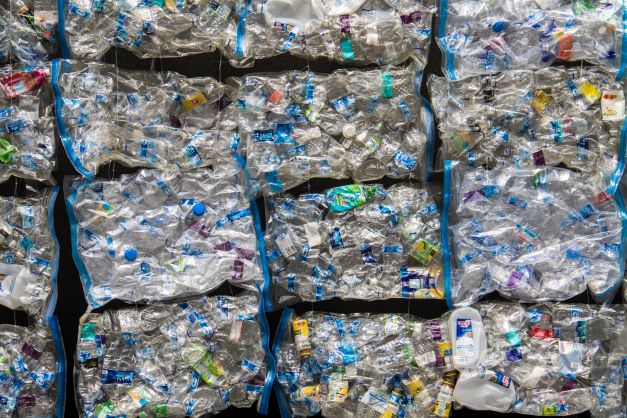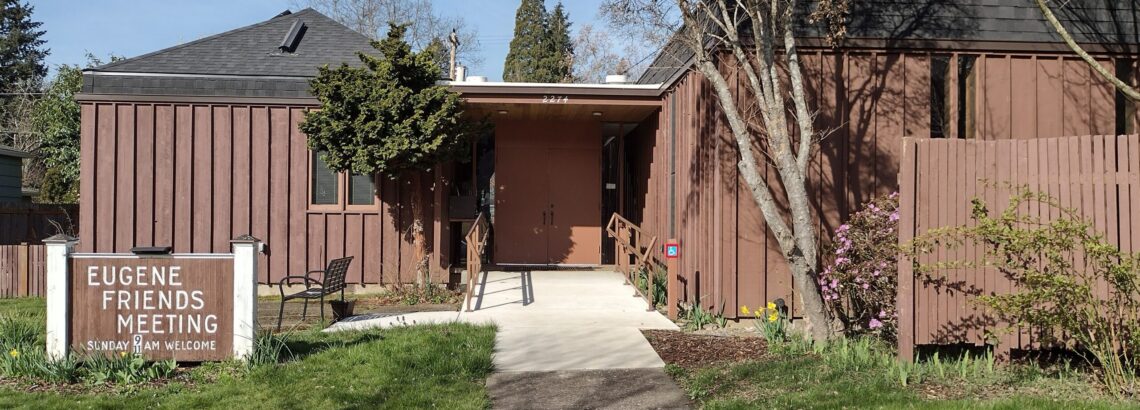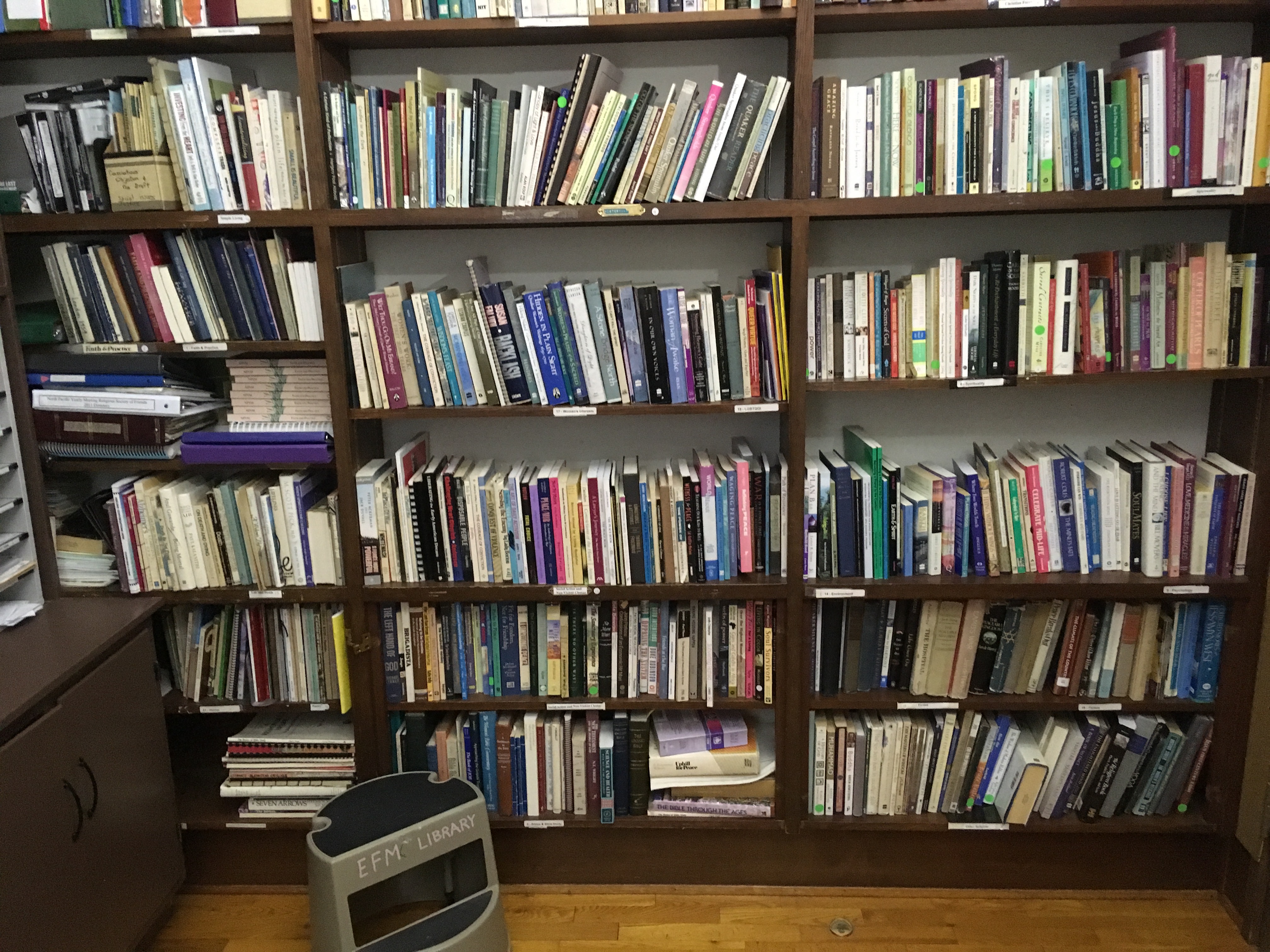On January 22, 2023 Eugene Friends Meeting approved a Minute on Reducing Plastics in the World:

Eugene Friends Meeting acknowledges that plastic waste in the Earth’s environment adversely affects wildlife, wildlife habitat, and humans, and that reducing plastic production, consumption, and waste is crucial if we are to overcome the problem of plastic pollution on our planet. Reducing the production and use of plastics in the world is a matter of integrity, stewardship and justice. While recognizing the struggle it will take, we agree to educate ourselves, witness, and take action, as led…”
We use plastic for everything. It is nearly impossible to shop without buying something plastic, because it’s affordable, versatile, and durable.
WHY are plastics such a problem?
- Today, over 90% of the plastic we produce is not recycled – simply because recycling processes and infrastructure, in the US and worldwide, are grossly insufficient to manage the complexity and quantity of plastic waste produced. Because of this, a large portion of plastic waste is disposed of in landfills or the natural environment.
- Plastic is not biodegradable; no existing bacteria can break down plastic, so it cannot biodegrade like other organic materials. Instead it photodegrades: When plastics are exposed to the sun’s ultraviolet radiation for a long time, the polyethylene material becomes brittle and begins to crack, breaking into many tiny pieces. This process is estimated to take between 500 and 1000 years, but even when plastic breaks into smaller fragments it remains non biodegradable.
- Plastic waste is toxic for wildlife, wildlife habitat, and humans. In less developed countries, the majority of plastic waste eventually ends up in the oceans, where it is eaten by marine animals, often causing malnutrition and death. Thousands of animals die every year from swallowing or choking on plastic items, or eating micro-plastics instead of food. Micro-plastics enter the human body through ingestion (it’s in our salt, tap water, seafood, and sugar, for example) as well as from inhalation and absorption.
NPYM’s Faith and Practice says:
“We grieve over what has been lost through humankind’s continuing misuse of divine gifts, leading to extinction of species; pollution of earth, water, and air; and calamitous climate change. As Friends we are led to live in right relationship to creation, to protect the Earth and all its inhabitants, to educate ourselves, and to witness both personally and as a Quaker community.”
Queries:
- What are you led to do about the plastic crisis?
- How will you educate yourself?
- How can you be a witness for creation?


